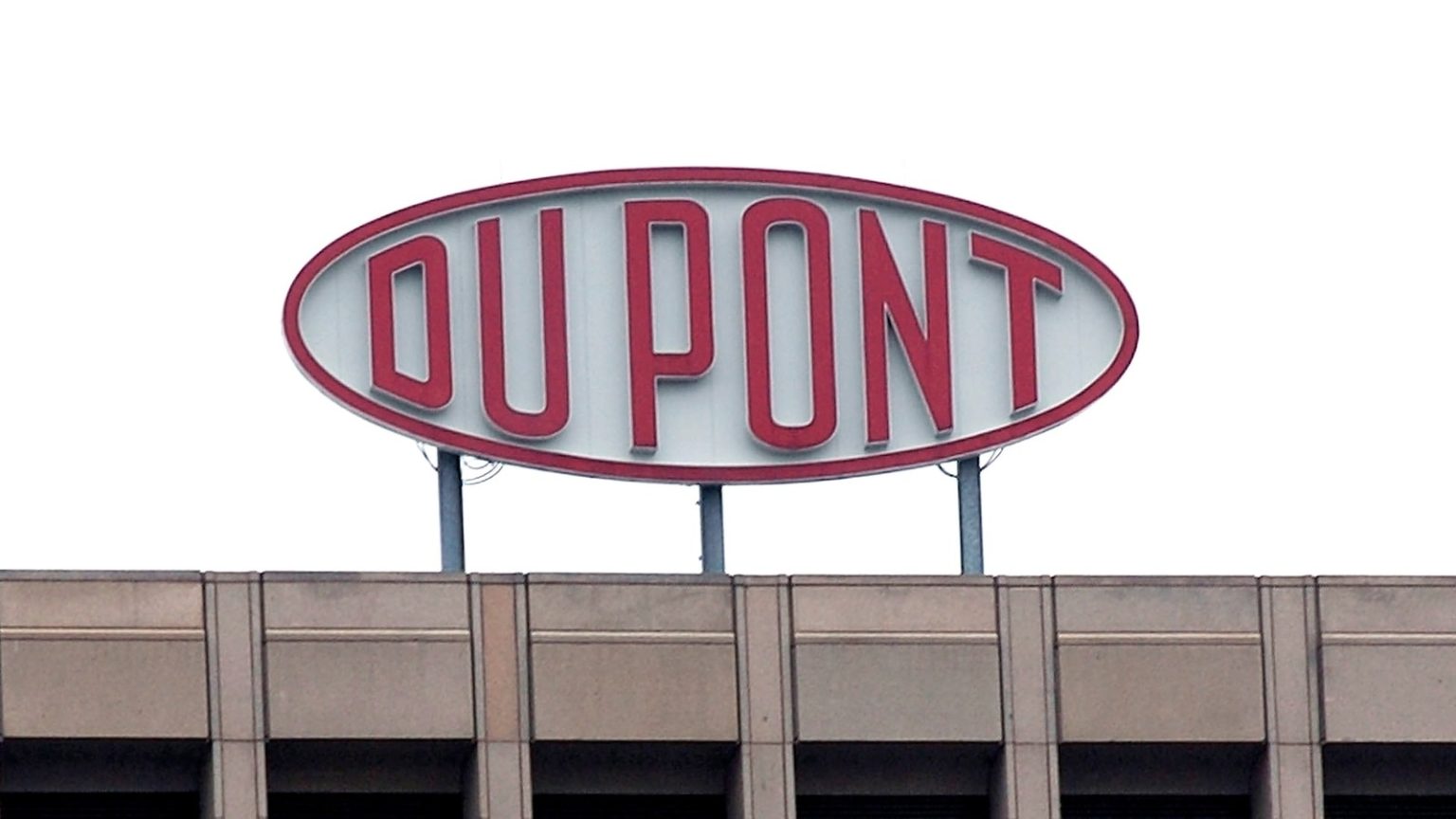Three chemical producers have reached a historic settlement with the state of New Jersey over “forever chemicals” and other pollutants released into the environment.
Global chemical manufacturer DuPont and its affiliates, Chemours and Corteva, have agreed to a $2 billion settlement with New Jersey to resolve environmental claims tied to decades of pollution involving Per- and Polyfluoroalkyl Substances (PFAS), commonly known as “forever chemicals,” as well as other pollutants originating from four industrial sites across the state.
NJDEP Commissioner LaTourette and NJ Attorney General Platkin made the announcement on Monday, calling the deal the “largest environmental settlement ever achieved by a single state”.
The proposed settlement, which still requires court approval, obligates the companies to pay $875 million in natural resource and other damages to the state over a 25-year period. It also mandates that DuPont and its affiliates create a $1.2 billion remediation fund for cleanup efforts at the four industrial sites and establish a separate $475 million reserve fund to ensure that, if any of the companies go bankrupt or otherwise fail to meet their obligations, New Jersey taxpayers are not left footing the bill.
“Polluters who place profit above public well-being by releasing poisonous PFAS and other contamination in our State can expect to be held responsible to clean up their mess and fully compensate the State and its citizens for the precious natural resources they’ve damaged or destroyed,” Department of Environmental Protection (DEP) Commissioner Shawn LaTourette said.
A DuPont sign is shown at the company’s world headquarters, April 12, 2004, in Wilmington, Delaware.
Jeff Fusco/Getty Images
The proposed settlement will resolve the Chambers Works case, a 2019 lawsuit against Delaware-based E.I. DuPont de Nemours and Co. (now known as EIDP, Inc.) and other DuPont-related entities, officials said. The settlement follows a month of trial proceedings in the U.S. District Court for the District of New Jersey.
In a press release, DuPont, Chemours and Corteva said the settlement will not only resolve the 2019 lawsuit, but “all legacy contamination claims related to the companies’ current and former operating sites (Chambers Works, Parlin, Pompton Lakes and Repauno) and claims of statewide PFAS contamination unrelated to those sites.”
ABC News reached out to the companies for comment, and they declined to comment further.
Per- and Polyfluoroalkyl Substances (PFAS) are a group of manufactured chemicals that have been used for decades in a wide range of products, including non-stick cookware. Commonly referred to as “forever chemicals,” PFAS do not break down easily in the human body or the environment, and are associated with certain cancers, hormonal dysfunction, and other health problems, according to the Environmental Protection Agency (EPA).
New Jersey’s extensive industrial and manufacturing history has put it on the front lines of pollution monitoring and remediation. New Jersey was the first state in the nation to set a maximum contaminant level for certain PFAS.
The affected sites include Pompton Lakes Works in Pompton Lakes and Wanaque in Passaic County; the Parlin Site in Sayreville, Middlesex County; the Repauno Site in Greenwich Township in Gloucester County; Chambers Works, in Pennsville and Carney’s Point in Salem County.
The Sierra Club, one of the largest and most influential grassroots environmental organizations in the country, called the settlement “an incredible and historical achievement” for the state.
“DuPont has finally been held responsible for what they have done to New Jersey, to our public health, and to our environment”, NJ Sierra Club Chapter Director, Anjuli Ramos-Busot, said in a statement. “DuPont has been knowingly poisoning our lands and waters for decades. As an entity of chemical innovation, DuPont brought prosperity to New Jersey. But, like with all polluters with a ROI bottom line, the true impact brought to New Jersey was hidden from us”.
“This outcome proves that New Jersey will fight to ensure that polluters pay their fair share for the devastating damages they have caused. I remain committed to working alongside the Attorney General and the DEP to ascertain how to swiftly and effectively allocate these funds to best clean up our communities and protect public health in the future,” State Senator Linda Greenstein (D-Middlesex/Mercer) said.
The DuPont settlement will be published in the New Jersey Register and is subject to a public comment period before it can be finalized. Following that, the proposed agreement must be approved by the U.S. District Court.
